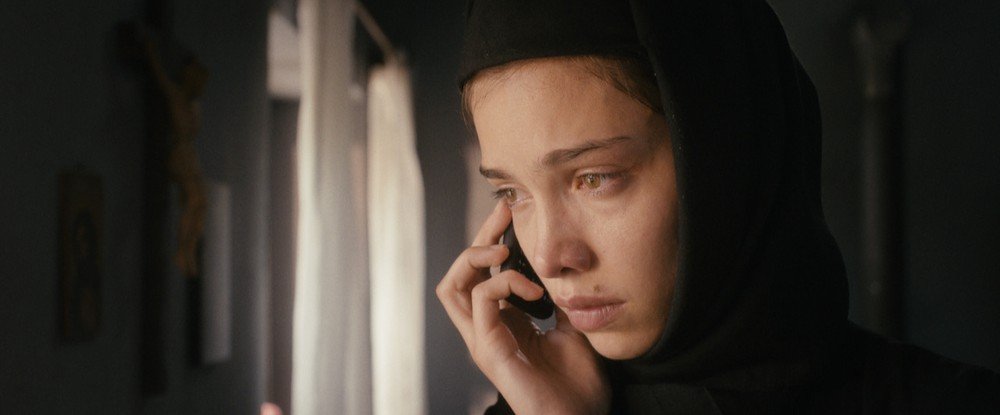VIFF 2021: Miracle ‘Miracol’
VIFFWriter-director Bogdan George Apetri's Miracle 'Miracol' is an interesting venture in two elements. The first is its awakening of Romanian cinema, and the second is its themes on gender and exploration of women's identity and place within Romanian society.
Starting with the former, it is quite clear to the eye that director Bogdan George Apetri and cinematographer Oleg Mutu craft a good looking film. The use of camera is invasive in personalised moments of emotive mood, such as brooding despair and anxiousness. Yet in moments of utter terror, the filmmakers have the "courtesy" to step the camera away for a small reprieve in a moment of sexual assault, albeit not enough in which the film ultimately plays into torture porn for a far too elongated amount of time.
Interestingly, this discussion is rather prevalent in another feature released this year – Ridley Scott's Last Duel. A feature that such a sequence of assault is incorporated and due to its depiction has continued to fuel a conversation on the depiction itself. There is a fine line between what is accepted and what feels exploitative. The two sequences in The Last Duel and Miracle are integral in the narrative. However, in that inclusion, there feels an excuse to craft the most harrowing depiction of said sequence manageable, and this is in which the debate becomes heated.
What is needed here is brevity and context. Suppose the context of the feature is to showcase the story of a survivor and the story that follows after an attack – in that case, such depictions could be argued to be a necessity in coverage and education. The fallout arises if such depictions are used in matter of torture porn and little contextual connection – i.e. to showcase that the perpetrator is a villain. A convention that is lazy, hollow and does so little to give actual brevity to a sequence and, if anything, undermines it. So what of Miracle's depiction?
Well, it is both hit and miss. The camera, even from afar, feels excessive in showcasing the study. Screams, scratches and physicality are seen to unhead and terrorise the viewer. The fallout and story are limited. The story and narrative take on a secondary arc of a character that comes into this story with the survivor relegated to the sidelines. This is in which it feels the height of exploiting the depiction of sexual assault for tone alone and without gravitas – taking on a male characters emotive depiction of cleansing a conscience rather than detailing the story of its survivor. Of which the feature ultimately doubles down in a "got ya" pseudo ending that reinforces this incredibly tone-deaf motif.
This integral scene aside, the powerhouse here is Ioana Bugarin as Cristina Tofan. Bugarin is allocated little depth to a character via the screenplay but provides an enigmatic introverted touch that just about broods into external reaction. However, she is vastly underutilised and, instead of this character allowed to form an arc, she is ultimately pushed outside for Emanuel Pârvu's Marius Preda, who in turn – no fault of the actor – is provided with a conventional and simplistic rudimentary arc that provides little interest.
It is a real shame that Writer-director Bogdan George Apetri's feature is not the second coming critics wanted, or perhaps Romania needed to kickstart a new wave of cinema. Undoubtedly, this is a well-shot feature from Oleg Mutu, but its integral set-piece is an exploitative and deeply hollow inclusion that sickens the stomach for all the wrong and controversial reasons.


